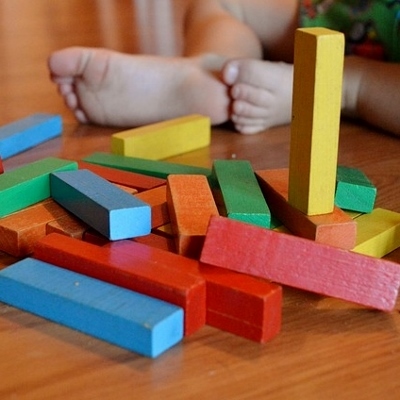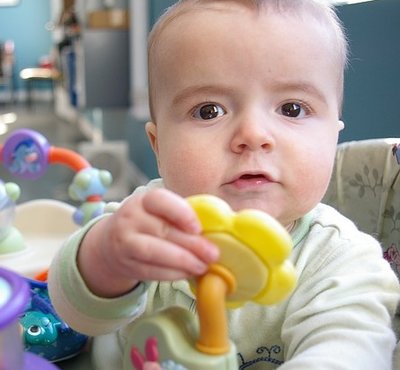 Do you know the developmental skills of early childhood? Even though your youngster is still a toddler, do you know how to prepare him/her for skills needed for preschool and beyond?
Do you know the developmental skills of early childhood? Even though your youngster is still a toddler, do you know how to prepare him/her for skills needed for preschool and beyond?
During your child’s formative years (from age 1 to 5), children derive knowledge from specific instances, play and experiences. Each category of child development contains concepts and skills needed for learning now and that will carry in the future. Within each developmental area, which includes language, physical, social, emotional and cognitive domains, children are absorbing ideas that help them learn about their world. Parents need to understand these concepts in order to help their children prepare for school while at home, and understand what educators are expecting of their children as well. As a former educator, I would like to bring some of these ideas to you
Physical Development
When looking at physical development, both the age range and the individual child should be considered. All children follow the same sequence but master skills at different times. Physical development entails both fine motor and gross motor skills. Gross motor skills include walking, jumping, handling a ball, riding a tricycle and other exercises of the large muscles. When accessing fine motor, an educator is looking at the ability of control over small muscles in the hands, such as stringing beads, stacking blocks, and later coloring and scissor skills.
Cognitive Development
Cognitive development refers to a child’s ability to concentrate on an activity, complete a task and recognize learning skills such as shapes, colors, alphabet letters, counting numbers, sorting and classification of objects. Teach patterns with the use of beads, blocks and even fruit in the kitchen. Make sure children can recall the sequence of events in a familiar story, a family outing or daily routine. The more exposure a child is given, especially hands-on experiences, the easier it will be for the child to think abstractly, show concentration and make cognitive growth.
Language Development
Language development refers to a child’s ability to speak, read and write. This all does not happen at once, it happens over these formative years. Children begin to learn the alphabet, however phonological awareness, where children recognize the sounds of language is of utmost importance. Reading to your children on a daily basis is a way parents can model the importance of literature and introduces new words. Use show-and-tell activities even at home for sharing and building vocabulary as children talk about what they know. Use index cards to label familiar items at home, thus keeping a print-rich environment, which also promotes language.
Social and Emotional Development
Elements of this developmental domain include self-concept, self-control, cooperation, social relationships and knowledge of families and communities. Learning to identify, communicate and manage emotions enables children to form friendships and social competence. Children need to understand similarities and differences among people. This developmental concept is an important goal for all children to master.
During toddlerhood, these skills can be part of daily teachings at home and each milestone builds for future development and education. Parents are a child’s first teacher — and YOU can make a difference!










